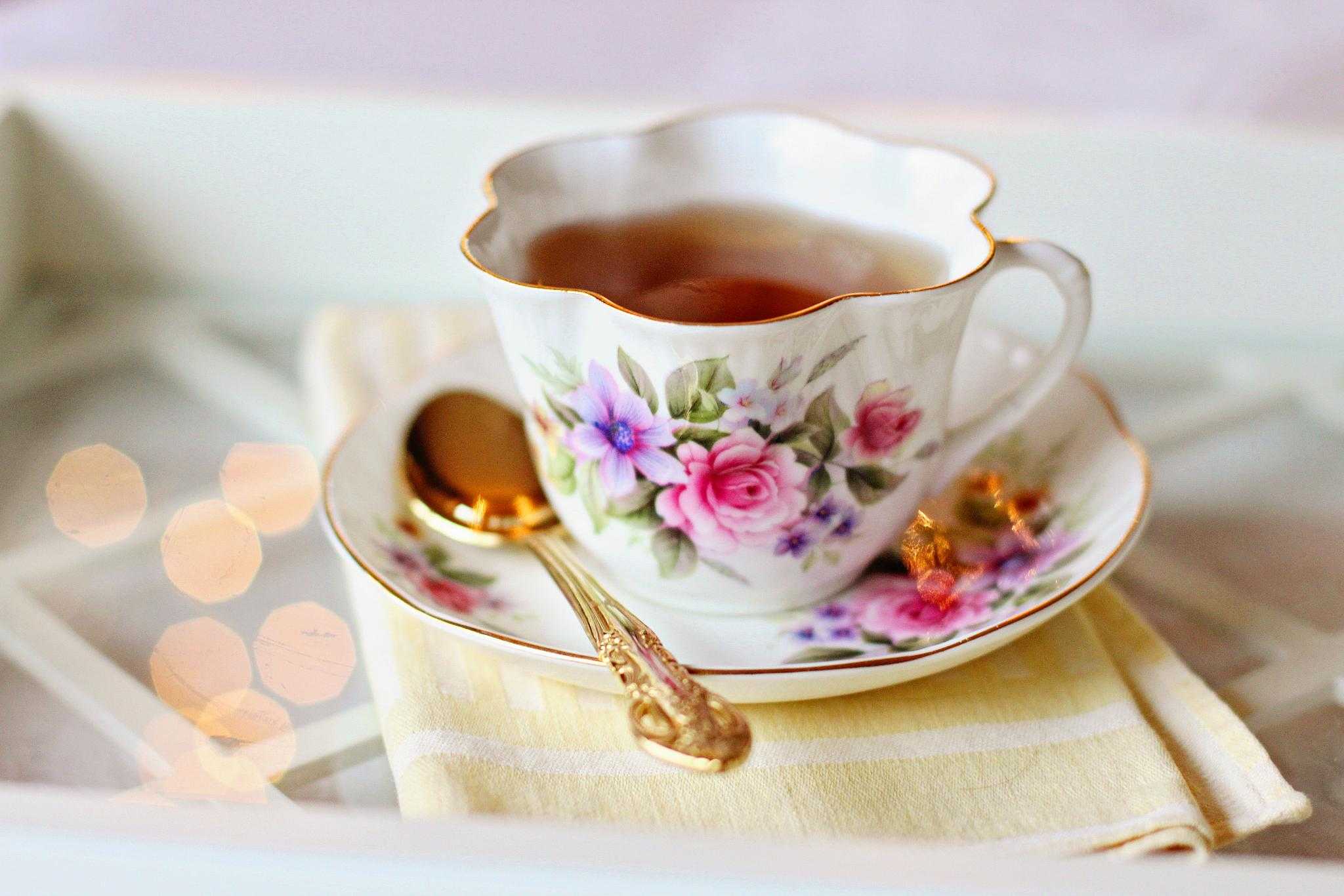LONDON, UK – New research reveals that the British favourite brew is more than a warming cup of tea – it makes us feel we can take on the world. A new research data poll[1] reviewed by the Tea Advisory Panel (TAP) – www.teaadvisorypanel.com – to mark International Tea Day on 21st May – asked 1,000 adult tea drinkers how tea made them feel. Three quarters (75%) agree that they felt more able to take on the world after enjoying a cup of tea, while almost seven in 10 (68%) say tea helped them to take on the world.
The problem-solving boost that putting on the kettle gives you is recognised by six out of 10 Brits (65%).
Dietitian, Dr Carrie Ruxton, from the Tea Advisory Panel commented: “The effect that a cup of tea has on our mood is not all in the mind – it’s a real physiological effect. Tea is a unique combination of two plant compounds – caffeine and L-theanine – which work together in our brains to make us feel alert, focused and calm.
“A scientific analysis of 49 clinical trials[2] found that L-theanine, caffeine and EGCG (a polyphenol found in green tea) all impact significantly on attention levels, memory, relaxation, and suppression of distraction. The effects of tea components have also been confirmed using functional MRI scanning which revealed that certain areas of the brain ‘light up’ in response to L-theanine and caffeine[3].”
Natural health expert and researcher, Dr Tim Bond from TAP says: “Real-life human studies confirm that tea drinking helps us to perform better in stressful situations. For example, research[4] found that drinking tea daily for 6 weeks reduced cortisol levels after participants performed stressful computer tasks. Cortisol is the body’s main stress hormone and can be detected in saliva and blood. People in the tea-drinking group said they felt more relaxed after performing the stressful task compared with those in the placebo group.
“In the new poll with data reviewed and analysed by TAP, almost seven in 10 say that drinking tea is a good way to de-stress, while more than six in 10 agree that tea helps them to concentrate”.
“International Tea Day is a great opportunity to celebrate how tea connects us with people from other countries”
Tea is a truly international drink, and research studies around the world confirm its wider health benefits:
- United Kingdom: A study in adults[5] found that tea provides as much day-time stimulation as coffee, despite having half the caffeine. But tea was less likely to disrupt sleep. In the TAP review poll, 53% of adults believe drinking tea helps them sleep better.
- Japan: Plant compounds found in regular black tea – called theaflavins – were found to kill off oral bacteria linked with tooth and gum disease in a clinical trial with adults[6]. Yet, fewer than a third of people in the TAP research review survey know that drinking tea helps to prevent gum disease.
- Germany: In a study with men[7], drinking green tea significantly improved the function of blood vessels – linked with blood pressure control. The same effects were not seen for tea extracts or polyphenol supplements, highlighting the benefit of drinking natural tea.
- Brazil: Drinking green tea with breakfast boosted energy expenditure (burning of calories) compared with drinking water, in an acute study with healthy adults[8]. More than four in 10 (46%) of respondents in the TAP review poll think tea helps with weight management.
- USA: A team of scientists from Baltimore[9] reviewed the evidence on tea and heart health, reporting that tea polyphenols have a direct impact on heart muscle contractions by controlling the flow of calcium ions into the muscle cells. The TAP data review reveals that more than half of Brits agree that tea is good for the heart.
Dr Carrie Ruxton from TAP adds: “International Tea Day is a great opportunity to celebrate how tea connects us with people from other countries. Tea is the most popular drink in the world after water and benefits our bodies and minds. Taking on the world with a cuppa is a positive way to start the day”.
The Tea Advisory Panel
The Tea Advisory Panel is supported by an unrestricted educational grant from the UK TEA & INFUSIONS ASSOCIATION, the trade association for the UK tea industry. The Panel has been created to provide media with impartial information regarding the health benefits of tea. Panel members include nutritionists; dieticians and doctors.
[1] Independent poll of 1000 UK adults conducted by Perspectus Global, Spring 2022
[2] Dietz & Dekker (2017) https://pubmed.ncbi.nlm.nih.gov/28056735/
[3] Kahathuduwa et al. (2017) https://pubmed.ncbi.nlm.nih.gov/29420994/
[4] Steptoe et al. (2006) https://pubmed.ncbi.nlm.nih.gov/17013636/
[5] Hindmarch et al. (2000) https://pubmed.ncbi.nlm.nih.gov/10823400/
[6] Katanasaka et al. (2021) https://pubmed.ncbi.nlm.nih.gov/34698557/
[7] Lorenz et al. (2017) https://pubmed.ncbi.nlm.nih.gov/28536463/
[8] Faria et al. (2022) https://pubmed.ncbi.nlm.nih.gov/35331535/
[9] Li et al. (2022) https://pubmed.ncbi.nlm.nih.gov/35345998/


















